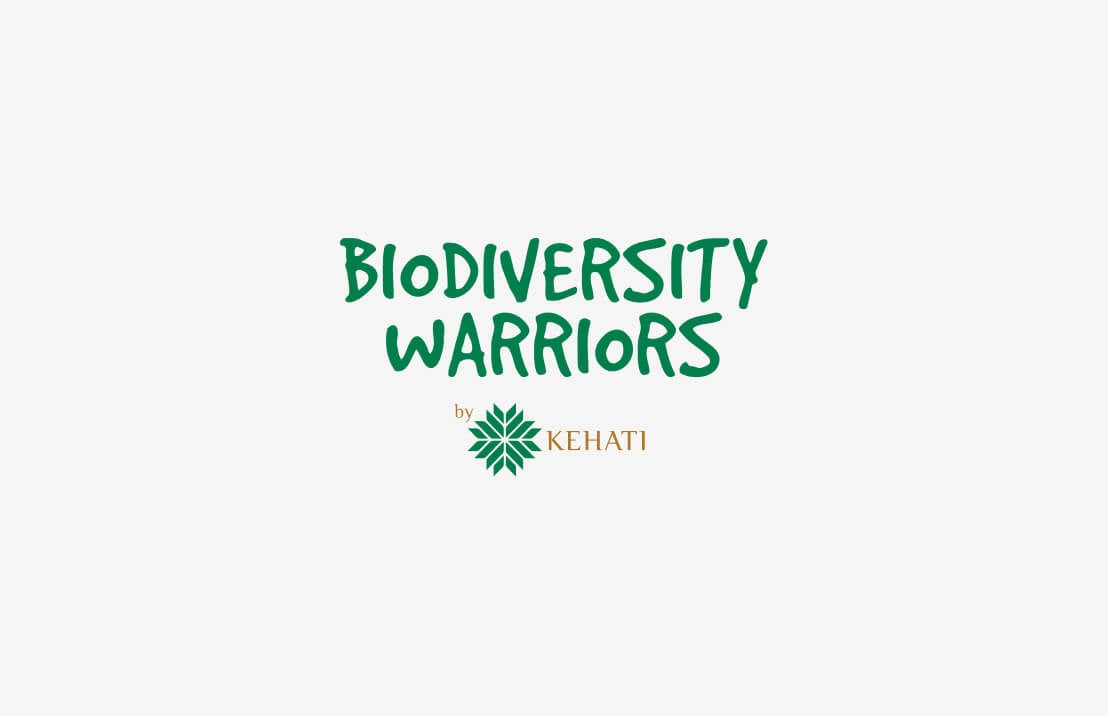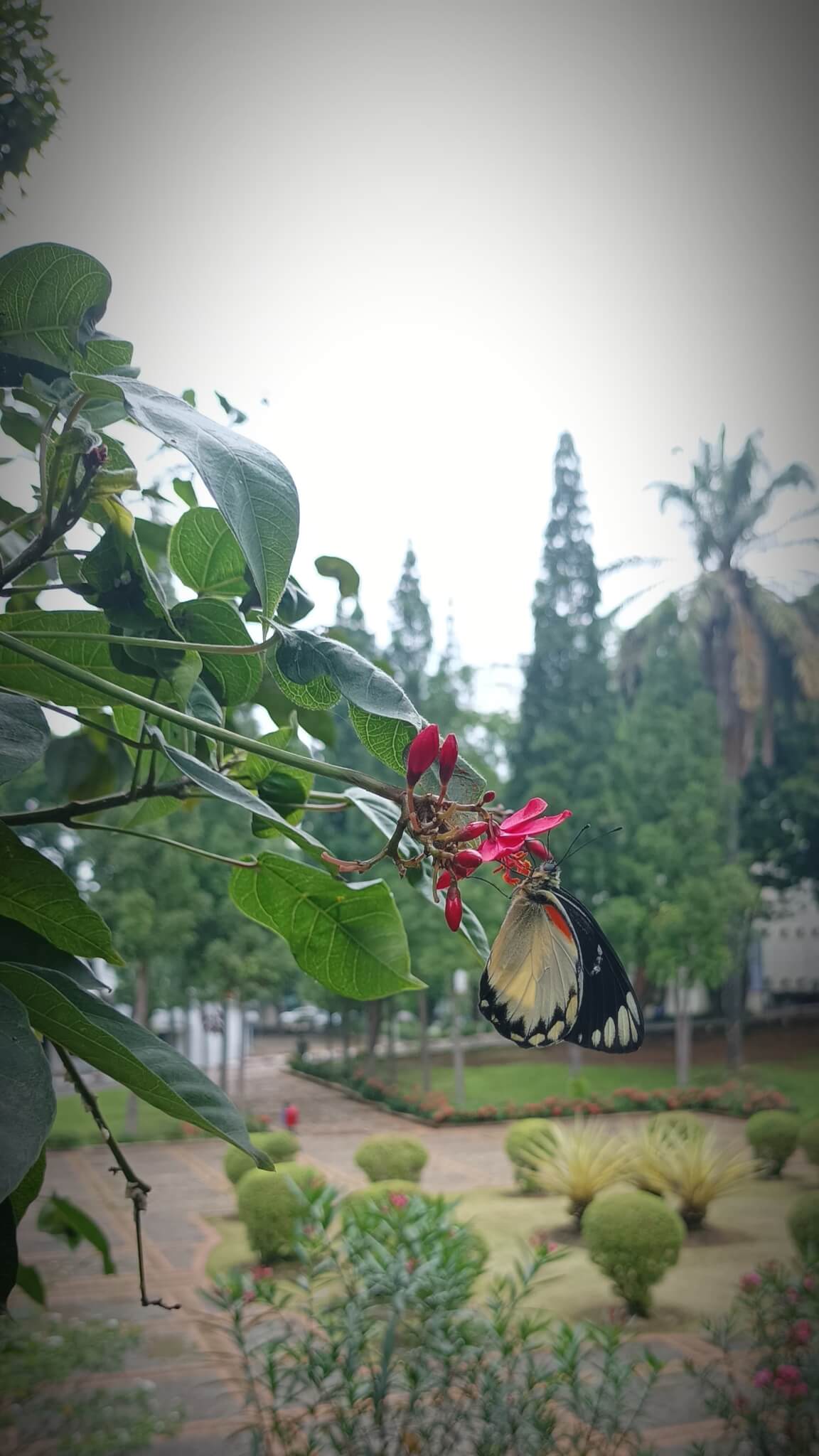
Rights are the attaching possession of person tangibly and intangibly that should be respected and honored by other person. Mostly rights harbored by indigenous people are marginalized because in common sense, they are different with the other people. It is the wrong perception because they are alike, for rights and degree. Indigenous people are, perhaps, meant as tribal community who has close relation to their origin lands or nature. This definition is not almost false, but the proper meaning of indigenous people is descendants of the original people before their lands were occupied by other. We can positively believe that indigenous people harbor unique and initial cultures in form of dressing, language and agriculture management. In addition, we also know a word bank “local indigenous or local knowledge”, it will be same because it is one of the characteristics which is possessed by them. Apparently yet, there have been no international agreement telling us about what indigenous people are. So, you must notice carefully in determining indigenous people because perhaps some unidentified communities will recognize their identification as indigenous people due to no distinct limitations. The United Nations Declaration on the Rights of Indigenous Peoples (UNDRIP) was adopted by all governments in the world to consensus indigenous people on the minimum standards necessary including survival, dignity and well-being. Through UNDRIP, we can identify and introduce their rights to global community. The protection of the rights of indigenous people is rarely done by government because most of national regulations just are addressed for common people with ignoring the existence of indigenous people. It could be proven, for instance: in Indonesia indigenous people have an authorization to have forests, but because of corruption, collusion, and nepotism, their forests are grabbed by ‘irresponsible people’ with using the authority of Indonesian Government.
Each country has indigenous people as a main trait of that country. Even, each government has regulation and no regulation to protect them, so that it is not absurd as the negotiation to draft United Nations Declaration on the Rights of Indigenous Peoples (UNDRIP) needed long time. From the United Nations Declaration on the Rights of Indigenous Peoples (UNDRIP), there are some rights should be promoted by us to help indigenous people in achieving equity and liberty like us:
1. Indigenous people have rights to LIFE and to live freely or LIBERTY. In other hand, they also have rights in which their CULTURE is protected from assimilation (destruction of culture), and to get SECURITY.
2. Indigenous people have rights to practice and revive their CULTURE, to practice RELIGION and to maintain and use their LANGUAGES.
3. Indigenous people have rights to achieve the same EDUCATION and to stay in school without disparity, to create MEDIA (TV, Internet, Radio, and so on), and to get work and of being EMPLOYMENT without discrimination.
4. The PARTICIPATION of indigenous people relating their lives is an imperative thing because it will determine to the next their lives. In addition, indigenous people have rights to achieve the same DEVELOPMENT socially, economically, and environmentally.
5. Indigenous people also harbor right to own, use, develop and control traditional LAND AND RESOURCES.
6. The last is SELF-GOVERNMENT AND INDIGENOUS LAWS. Indigenous people also have rights to identify and determine their membership in certain country, and to create and enforce their laws. Hopefully, the articles help them to achieve the same like us. We must protect and promote their rights because it will determine their sustainability in the future.
Source: UNICEF. 2013. Know Your Rights: Declaration on the Rights of Indigenous Peoples for indigenous adolescents. New York, UNICEF Headquarters.
Find at my blog link: http://achmadmoslem.blogspot.com/2014/03/indigenous-people-rights.html
Tinggalkan Balasan
Terkait


 ID
ID
 EN
EN




